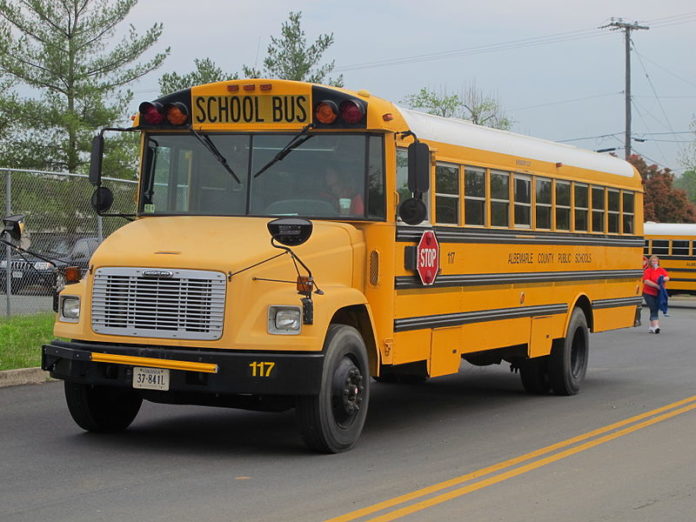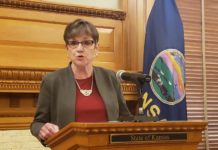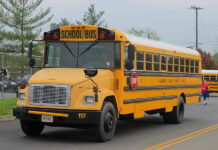Legislation expanding a program that subsidizes private education by exchanging state tax credits for private school scholarship donations is advancing to the full House and Senate.
The House K-12 Budget Committee late Thursday passed out one bill that would expand a program that gives up to $10 million a year in state tax credits to entice businesses and individuals to donate money to a scholarship program for private schools.
The House action parallels a Senate committee’s decision to advance a companion bill to the full chamber for consideration.
The scholarships, limited to $8,000 a year for each student, are now available to students who are eligible for free lunches and enrolled in one of the state’s lowest 100 performing elementary schools for student achievement.
The legislation opens the door to more students by expanding the scholarship program to students who are eligible for free and reduced lunches and are enrolled in any public school in Kansas.
Currently, there are about 630 students who are receiving scholarships, and lawmakers said they expect that to double if the program is expanded.
Supporters see the program as a way to let parents have more control over where their kids go to school, especially those whose families’ incomes limit their ability to move to an area with better schools.
“This is really an issue for parents who feel they need options for meeting their children’s education needs,” said Sen. Molly Baumgardner, a Louisburg Republican and chair of the Senate Education Committee.
Critics say the tax credits subsidize private education with money that could be used to make public schools better.
They say private schools aren’t necessarily available to all students who might want to get a private education.
“The tax credit scholarship program in reality gives choice to nonpublic private schools, not to parents,” the Kansas PTA testified last month.
“Private nonpublic schools by definition can be selective about who they choose to admit and about who they choose to reject,” the PTA said.
During the 2020-2021 school year, 632 students were awarded scholarships totaling approximately $2.0 million.
For tax year 2020, there were $3.5 million in contributions to scholarships, leading to $2.5 million in tax credits.
Since the program began in 2015, there have been $15.2 million in total scholarship contributions, with a total of $10.7 million in claimed tax credits.
At no point has the state even come close to reaching the $10 million cap in tax credits.
The most in tax credits the state has given since the program started was $2.9 million in 2017, according to a state education departmen report.
The Kansas National Education Asssociation blasted the proposals late Thursday.
“Expansion of voucher schemes cleverly disguised as ‘tax credit scholarships’ were originally touted as a solution for students to escape so-called low-performing schools, but are now widely expanded beyond the original intent,” KNEA spokesman Marcus Baltzell said.
Baltzell said there are no guardrails in place to ensure that the funding the private schools receive will ensure student progress or achievement.
Republican state Rep. Kristey Williams, chair of the House K-12 Budget Committee, said the issue should not be looked at through the prism of funding private schools.
“We need to stop thinking about funding private schools and start thinking about funding children,” Williams said.
“Those kids matter. It shouldn’t be a huge debate on where they get an education. I think it’s more important that they get a good education.”
















